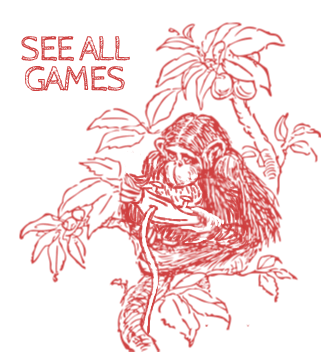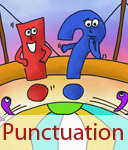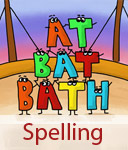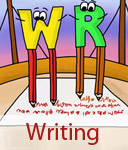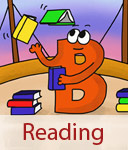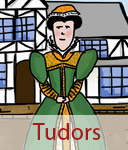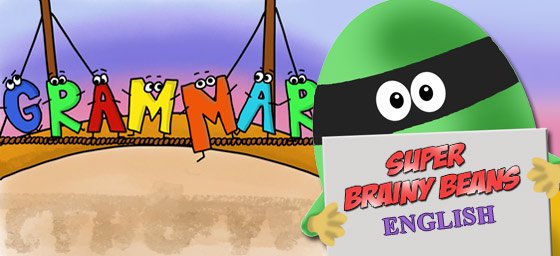
Grammar Year 3 & 4
Grammar Year 3 & 4 KS2. Support for learning grammar in Year 3 & 4. Primary homework help with grammar rules at Primary School Key Stage 2.
Pick a level
Similes
A simile is when we say something is like something else.
His fleece is white as snow.
The hedgehog was like a bristly brush.
Alliteration
When we put words together that start with the same sound it is called alliteration.
Sun, sand and surf!
Racing red wins the race.
Sizzling sausage sandwich.
Pronouns
Use pronouns in the place of nouns when you don't want to repeat a noun. Look at this sentence below that just use nouns.
Bob went shopping. Bob brought apples and pears. Then Bob came home and ate the apples and pears.
Noticed how the noun Bob was repeated three times? And apples and pears were repeated also? We can change these nouns for pronouns. The sentence now sounds better.
Bob went shopping. He brought apples and pears. Then he came home and ate them.
The pronoun he was used in the place of Bob and the pronoun them was used in the place of apples and pears.
Adverbial phrases
Commas are also used when you have adverbial phrases in sentences. Let's see what adverbial phrases are.
Write a simple sentence.
I played tennis.
Now add an adverbial phrase to the beginning of the sentence joining it with a comma.
On Saturday, I played tennis.
If you add an adverbial phrase to the end of the sentence you do not use a comma.
I played tennis with James and Anna.
Adverbial phrases can also change the sentence completely.
Whilst in my bed, I played tennis.

